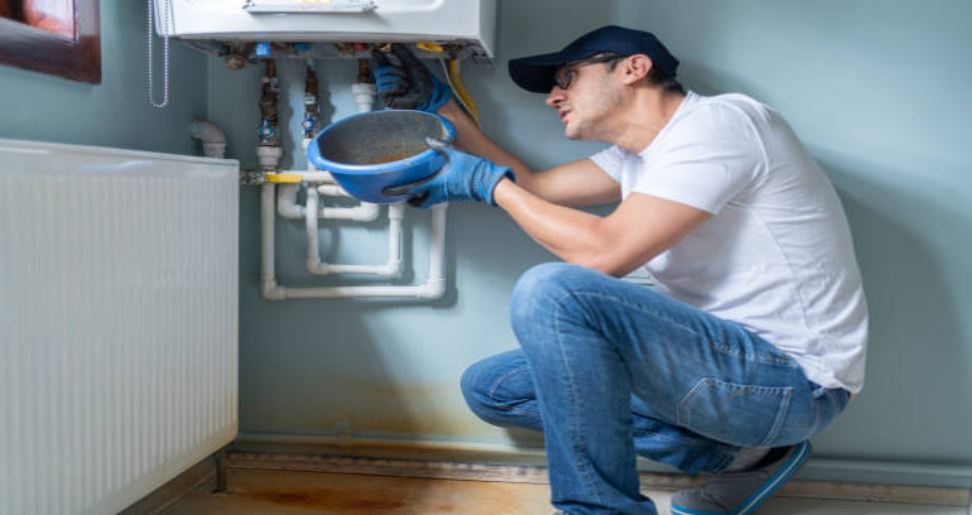Home is where you feel most comfortable no matter how chaotic the external weather is. Extreme cold and snowy weather demands a cozy, warm home where you can sit back and relax with your family. For a warm home like this, you need to have a properly working furnace.
If you have just built a new house or you want to change the furnace in your old home, here are some very crucial factors to consider to ensure that you buy the right furnace for your needs.
1. Furnace Efficiency (AFUE Rating)
One of the most critical factors to consider when purchasing a furnace is its efficiency, measured by the Annual Fuel Utilization Efficiency (AFUE) rating. The AFUE rating indicates how efficiently the furnace converts fuel into heat.
Although high-efficiency furnaces may have a higher upfront cost, they can save you money in the long run through reduced the energy bills. Look for furnaces with an AFUE rating of 90% or higher to ensure you are getting an efficient and cost-effective unit.
2. Appropriate Furnace Size
Selecting the appropriate furnace size for your home is crucial for maintaining comfort and efficiency. A furnace that is too small will struggle to heat your home adequately, leading to increased wear and tear, higher energy bills, and discomfort.
Conversely, a furnace that is too large will cycle on and off frequently, causing inefficient operation and potential damage over time. It is advisable to consult with a heating professional to recommend the correct furnace size for your specific needs.
3. Fuel Type
Furnaces are available in various fuel types, including natural gas, oil, propane, and electricity. The choice of fuel type depends on factors such as availability, cost, and your home’s existing infrastructure.
Natural gas furnaces are the most common as natural gas is often available in most regions. Oil or propane furnaces are an alternative to natural gas furnaces where natural gas is inaccessible or expensive. Electric furnaces are relatively less common, however, they are frequently used in areas where electricity is cheap. Evaluate the pros and cons of each fuel type to determine the best option for your home.
4. Installation and Maintenance Costs
The cost of purchasing a furnace goes beyond the initial price of the unit. Installation and maintenance costs are essential factors to consider. Professional furnace installation is crucial to ensure the furnace operates safely and efficiently.
Additionally, regular maintenance is necessary to keep the furnace running smoothly and extend its lifespan. When budgeting for a new furnace, account for both installation and ongoing maintenance expenses.
5. Advanced Features and Warranties
Modern furnaces come with a variety of advanced features that enhance comfort, convenience, and efficiency. Consider features like variable-speed blowers, other two-stages of heating, and smart thermostats.
Additionally, review the manufacturer’s warranty to understand what is covered and for how long. Your contractor should offer furnace repair services as well as a warranty to avoid unnecessary expenses. A comprehensive warranty can provide peace of mind and protect your investment.
Read more:
- Is Retail Building Materials A Good Career Path?
- PM Modi Announces August 23 As ‘National Space Day’
- PMS Managers Betting On Which Sectors For Better Return?

